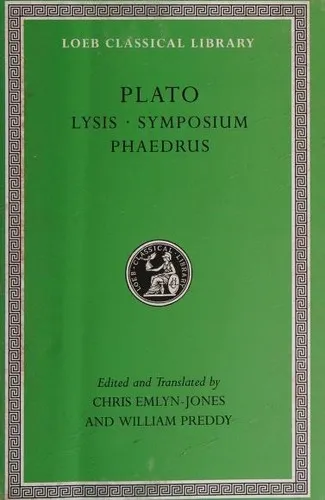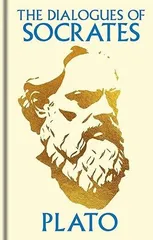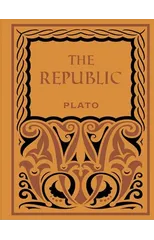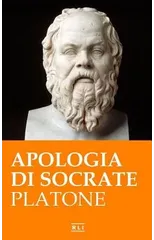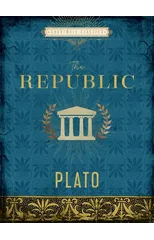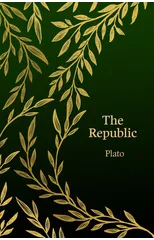Works in this volume explore the relationship between two people known as love (erōs) or friendship (philia). In Lysis, Socrates meets two young men at a wrestling school; in Symposium, he joins a company of accomplished men at a drinking party; and in Phaedrus, experimental speeches about love lead to a discussion of rhetoric.
Plato
Plato was an ancient Greek philosopher and the founder of the Academy in Athens, the first institution of higher learning in the Western world. His most notable works include "The Republic," "Symposium," and "Phaedo." Plato's dialogues are written in the form of conversations between Socrates and other characters, exploring themes such as ethics, politics, and metaphysics.
Plato's influence on literature is profound, as his philosophical ideas have inspired countless writers and thinkers throughout history. His most famous work, "The Republic," is a seminal text in political philosophy and has had a lasting impact on the genre. Plato's literary style is characterized by its use of dialogue, dialectic, and allegory, making his works both engaging and thought-provoking.
